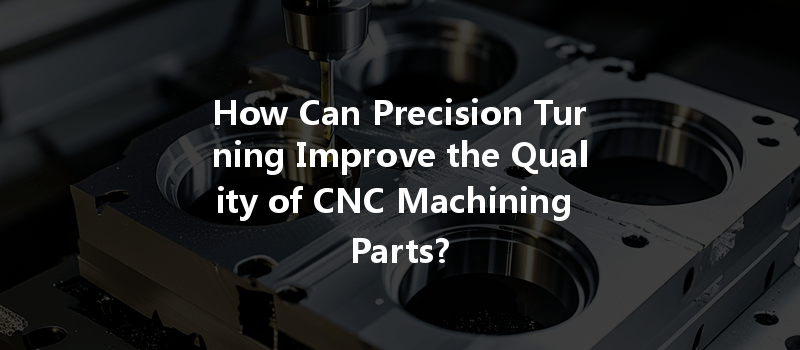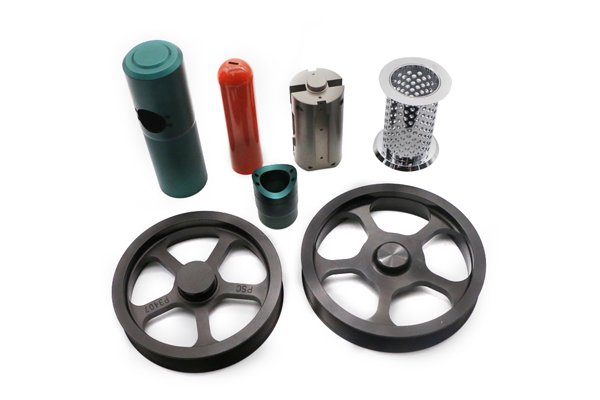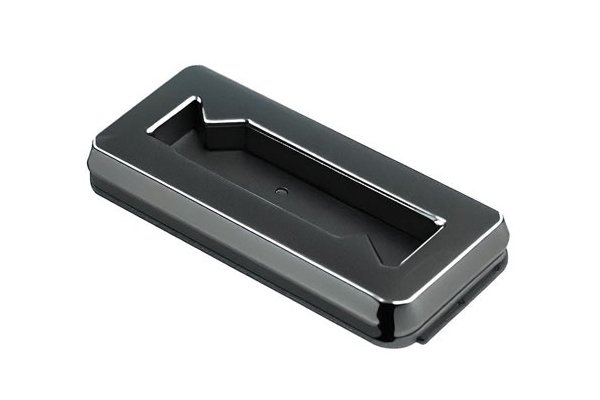At first glance, precision turning may sound like a term carved out of a tech manual, buried deep in the archives of manufacturing jargon. But let’s pull it out and shine a light on it because precision turning is like the secret sauce that takes CNC machining from good to outstanding. Imagine sipping a perfectly brewed cup of coffee—it’s that detailed process that brings out the flavors and aromas; that’s exactly what precision turning does for CNC machining.
What Exactly is Precision Turning?
Picture a spinning wheel at a carnival, but instead of cotton candy, we’re dealing with metal and other materials. Precision turning involves rotating a material (think metal, plastic, or wood) against a cutting tool to achieve the desired shape and finish. Just as a skilled musician knows how to hit every right note, a precision turning machine ensures that every cut is calculated and clean, creating components that fit seamlessly into a larger assembly.
Why is this so important? Because in CNC machining—short for Computer Numerical Control machining—quality and precision are non-negotiable. Think of it as a high-stakes game; one tiny misstep can lead to significant errors, costing time and money. So, how do we sidestep those pitfalls? Let’s dive into how precision turning can enhance quality in CNC machining.
The Art and Science of Manufacturing
To sprinkle some context on this topic, let’s consider the world of manufacturing. It’s a landscape teeming with complexity, much like a forest filled with various paths. With multiple types of machining processes available, such as milling, grinding, and even additive manufacturing, understanding where precision turning fits into the picture is crucial.
So why should you care about precision turning? Simply put, it’s a game changer. When you have components made with high precision, the overall quality of the product increases substantially, leading to fewer defects and greater customer satisfaction. But let’s not just take my word for it—let’s explore the advantages.
Benefits of Precision Turning in CNC Machining
Picture a world where every single piece fits together like a well-oiled machine. That’s the beauty of enhanced accuracy and tight tolerance levels when you employ precision turning. CNC machines can achieve tolerances of ±0.001 inches or even tighter, depending on the specific requirements. This degree of accuracy allows for parts to interlock seamlessly, demonstrating that precision turning is indispensable for producing high-quality components.
Imagine polishing a shiny new car; you want it pristine and glimmering, no? That’s how precision turning ensures that the surface finish of a part is not just adequate but exceptional. The use of sharper cutting tools and optimized processes creates a finer surface finish, requiring less post-processing. It’s like getting ready for a date—if you show up polished, it makes a stellar first impression.
Whether it’s aluminum, brass, stainless steel, or plastics, precision turning accommodates a wide range of materials. Think of it as a buffet where you can sample whatever you fancy. With capabilities to handle various materials, manufacturers can switch gears quickly, adapting to market demands without compromising on quality.
In today’s fast-paced manufacturing landscape, time is money. Precision turning accelerates the manufacturing process by minimizing waste. This is achieved through optimized cutting speeds, uniformity in production, and reducing the number of steps needed to achieve a finished product. Imagine finishing a marathon in record time—precision turning propels you across the finish line with haste and style.
Quality doesn’t always have to break the bank. In the long run, precision turning can help reduce costs by lowering the number of rejects and rework required. It’s akin to spending a little more on good hiking boots; the initial investment pays off when you don’t have to replace them every few months because they turn out shoddy.
Precision Turning Machines: The Engine of Quality
Now let’s pull back the curtain on the machines that perform this magical precision turning. CNC lathes, also known as CNC turning centers, are the workhorses of this operation. They come equipped with advanced programming capabilities, allowing for intricate designs and complex geometries which would be nearly impossible to create manually.
What makes CNC lathes so powerful? They can operate continuously, moving seamlessly from one task to another without needing constant oversight. It’s much like a master chef executing a delicate recipe, where every ingredient has its moment, and timing is everything.
Types of Precision Turning Machines

Best for cylindrical parts, these machines stand tall and operate smoothly, catering to larger components while reducing floor space.
Ideal for precision turning smaller components or intricate designs, these machines work like a well-balanced seesaw, providing stability and accuracy.
If you’re looking for precision in small, complex parts, Swiss lathes soar to the occasion. Featuring sliding headstock technology, they handle intricate movements with finesse, just like a ballerina executing a perfect pirouette.
Major Applications of Precision Turning
When it comes to parts that navigate the skies, accuracy is everything. Aircraft components require the utmost precision, making precision turning a critical process in the aerospace sector.
Think of your car as a symphony where every piece should contribute perfectly to the performance. From cylinders to crankshafts, precision turning keeps the engine well-tuned.
In the medical field, a fraction of a millimeter can be the difference between success and failure. Precision turning manufacturers create implants and instruments that need acute precision, underscoring its importance in healthcare.
Just like threading yarn through the eye of a needle, precision turning produces components that fit seamlessly into electronic devices, enhancing functionality.
Challenges in Precision Turning
Okay, let’s get real for a moment—like any craft, precision turning isn’t without its challenges. One of the biggest hurdles is tool wear. Just as a champion athlete needs to refuel and rest, machining tools eventually dull over time, impacting accuracy and quality. Implementing a regular maintenance schedule can help mitigate this issue and ensure the gears continue turning smoothly.
Another challenge is the need for skilled operators. Much like driving a manual car, you need finesse and skill to ensure everything runs without a hitch. Continuous training and investing in talent not only helps retain quality but also advances the technological know-how in the industry.
Moving Toward the Future of Precision Turning
The world of precision turning is continuously evolving, and technological advancements are leading the charge. With the rise of automation and Artificial Intelligence, we are approaching an era where systems will self-optimize for higher efficiency and improved product quality.
Think of it as having your personal coach who not only guides you but also adjusts your training regimen based on real-time feedback. This level of adaptability will change how precision turning fits into the broader scope of manufacturing.
Conclusion: Is Precision Turning Worth the Investment?
To wrap things up, it’s clear that precision turning plays a crucial role in the success of CNC machining. From enhancing accuracy to improving surface finish, and accommodating material versatility, the benefits shine brightly. In today’s competitive landscape, opting for precision turning is not just an investment in quality; it’s a strategic business decision that can yield impressive returns.
So, are you ready to take the plunge into this fascinating world? You might just find that precision turning is the missing piece of the puzzle, elevating your CNC machining game to incredible heights. The choice is yours, but just like that well-polished car, you’ll want to make sure you’re ready to shine in the marketplace!






